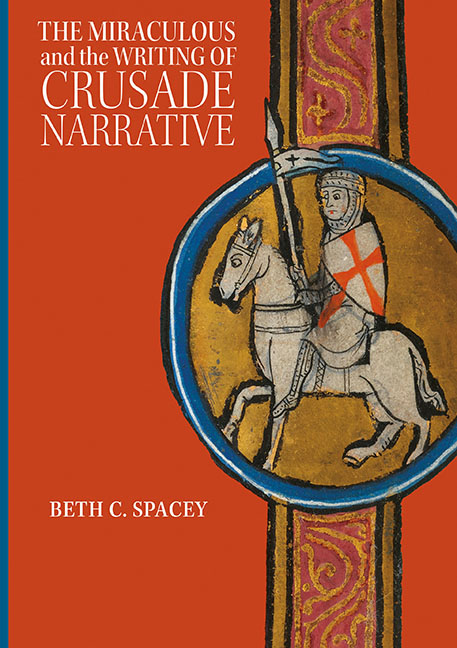Summary
Behold, the journey for Jerusalem has been begun by God.
Almost forty years had passed since the Council of Clermont of November 1095 when, in c. 1135, Orderic Vitalis thus attributed to divine inspiration the origins of the events known to posterity as the First Crusade. Such a claim was not an innovation of Orderic’s. Rather, the Norman monk, writing from the monastery of Saint-Evroult where he spent most of his life, was contributing to an already established tradition. An explosion of historical and literary endeavour had occurred in western Europe in the wake of the crusader conquest of Fatimid-held Jerusalem on 15 July 1099, and many of the authors and compilers of these works, including sources for Orderic's own later reimagining, had looked back from that conquest to find a starting point of suitable proportions for the retelling of such momentous events. Many, like Orderic, found it in Pope Urban II's now famous sermon at Clermont and were therefore able to offer a cohesive narrative of an act of God, heralded through his messenger the pope and enacted by those who subsequently took the cross. When viewed in this way, the First Crusade of 1096–9 was a miracle. As Jonathan Riley-Smith has demonstrated, many Latin Christian contemporaries believed that these crusade participants, confessed, penitent and cleansed by the ordeal of the expedition, had acted as conduits for the divine power that had delivered the earthly Jerusalem into the hands of its rightful custodians. At the heart of these conceptualisations of the First Crusade were the divine auspices under which it was believed to have occurred, and the resulting spiritual merit from which participants were thought to benefit. Crusades, like miracles, were contingent on divine agency.
When it came to composing narratives of the First Crusade, conveying its significance was, generally speaking, of greater concern than creating a strictly accurate record of its constituent events. Consequently, and as Elizabeth Lapina has shown through the examination of key imagery, the demonstration of God’s involvement in this new type of salvific warfare and, in association with this, the importance of the crusade as part of sacred history, are themes to which these sources regularly return, often with recourse to the miraculous.
- Type
- Chapter
- Information
- The Miraculous and the Writing of Crusade Narrative , pp. 1 - 12Publisher: Boydell & BrewerPrint publication year: 2020

